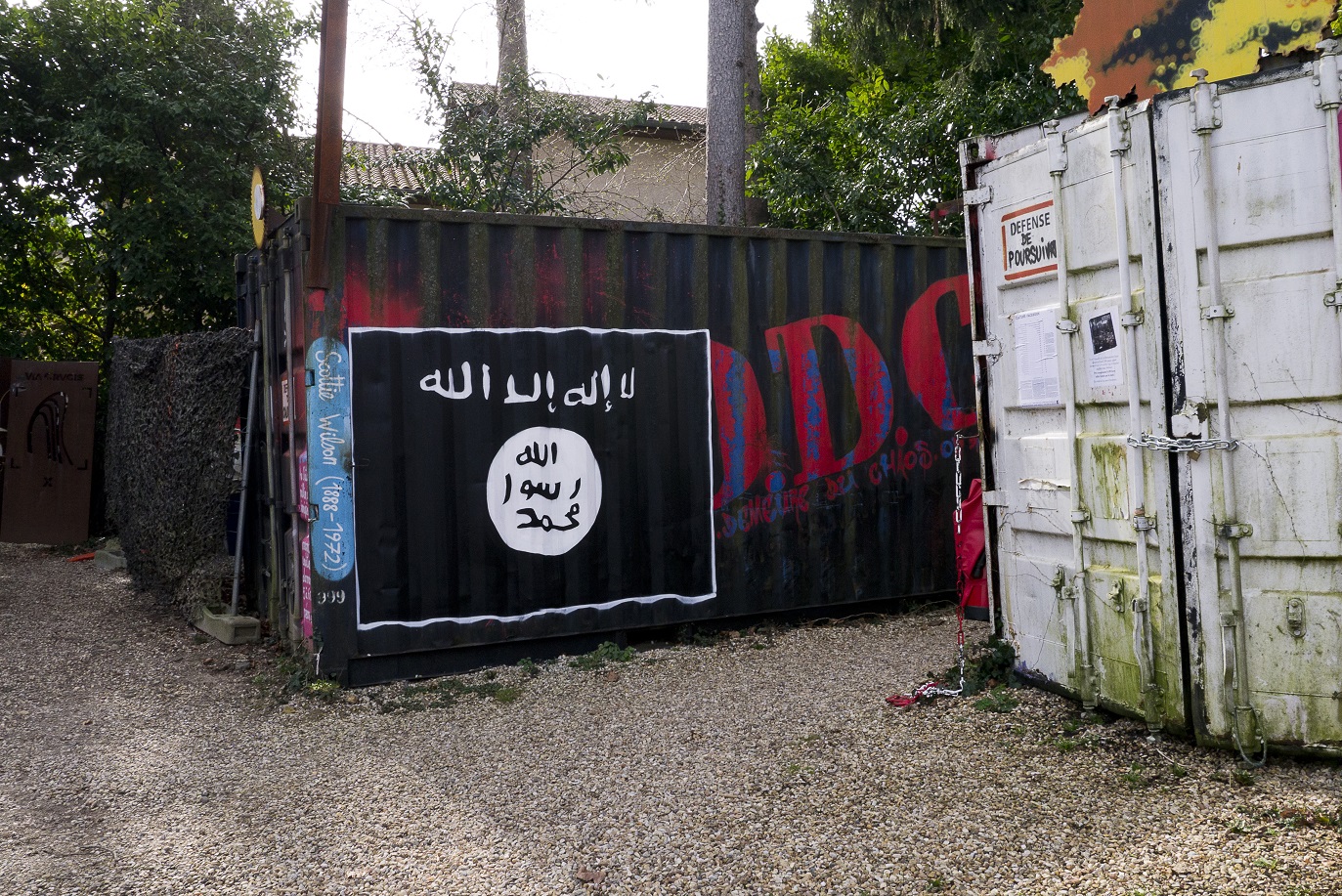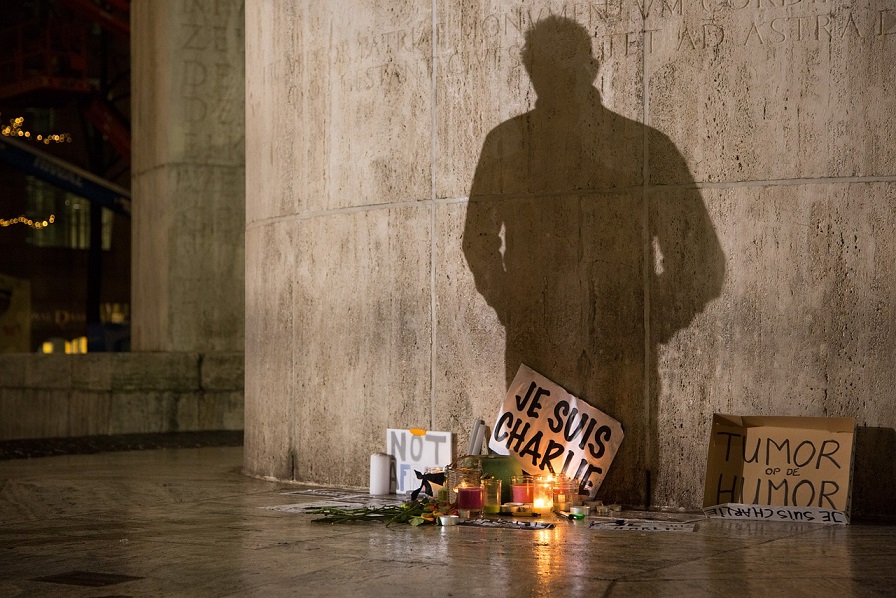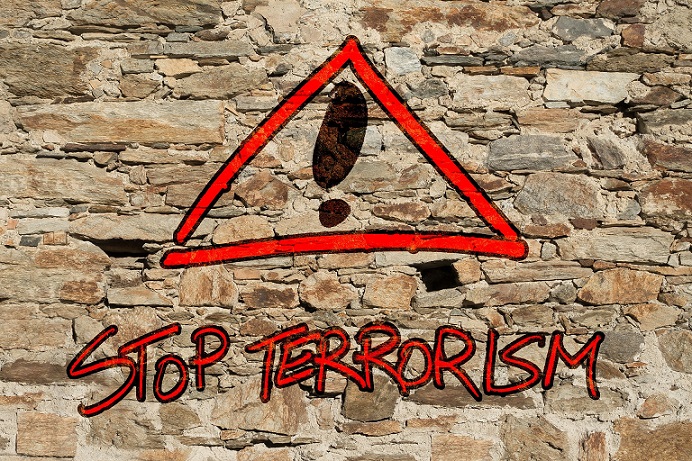In recent years, Western societies, particularly in Europe and US America, have been grappling with the escalating threat of Islamic fundamentalism. The seeds of this phenomenon have been quietly taking root, posing significant challenges to the principles of democracy, social cohesion, and national security.

Rola Zamzameh*
As these concerns burgeon, leaders such as British Prime Minister Rishi Sunak have warned against the rising influence of autocratic governments, identifying them as potent adversaries to the United Kingdom’s stability.
Islam, like other Abrahamic religions, is based on the religion of mercy and kindness. In the Qur’an, God introduces Muhammad as “Rahmat- lil’Aalamin”, which means mercy for all the people of the world, and all the surah’s of the Qur’an begin with the name of a God who is kind and forgiving, not vengeful and harsh. Unfortunately, what we are witnessing today from the actions of some Islamic extremists in the world is contrary to these teachings and in complete contradiction to the main essence of Islam.
These violent behaviours are seen as a totalitarian and radical understanding of religion by extremist groups such as Al-Qaeda, ISIS, Taliban, Hamas and Boko Haram.
The axis of autocratic regimes, as highlighted by Sunak, presents a multifaceted challenge to Western nations. These regimes often espouse ideologies that run counter to democratic values, seeking to exert influence beyond their borders through various means, including fostering extremism and radicalism. This influence exacerbates the already complex issue of Islamic fundamentalism in Europe and US America, further entrenching its presence and amplifying its consequences.
 In Belgium also, the spectre of Islamic fundamentalism has cast a growing shadow over communities and policymakers alike. The country, with its diverse population and complex socio-political landscape, has become a fertile ground for the propagation of extremist ideologies.
In Belgium also, the spectre of Islamic fundamentalism has cast a growing shadow over communities and policymakers alike. The country, with its diverse population and complex socio-political landscape, has become a fertile ground for the propagation of extremist ideologies.
Instances of radicalization and extremist activities have surged in recent years, posing significant challenges to Belgian authorities and society at large. Factors such as socio-economic marginalization, religious polarization, and geopolitical tensions have contributed to the vulnerability of certain segments of the population to radicalization efforts. Moreover, Belgium’s strategic location within Europe and its porous borders have made it susceptible to the influx of foreign fighters and the dissemination of extremist propaganda, further exacerbating the threat landscape.
German media have reported that a group of supporters of the establishment of the “Islamic caliphate” participated in a demonstration called by the Islamist group “Muslim Interactive” in Hamburg, Germany. The issue of German Muslims advocating for a caliphate government raises pertinent questions about integration. The desire for a caliphate government among certain segments of the Muslim population reflects a deeper penetration of Islamic extremism and identity crises. However, the refusal of some criminal immigrants to return to their countries of origin limits the acceptance of eligible, honest and productive migrants.
 Efforts to address Islamic fundamentalism must transcend conventional security measures and encompass comprehensive strategies that address the root causes of radicalization.
Efforts to address Islamic fundamentalism must transcend conventional security measures and encompass comprehensive strategies that address the root causes of radicalization.
This includes investing in education, economic opportunities, and social integration initiatives that empower marginalized communities and foster a sense of belonging and citizenship. And combatting racism. Additionally, international cooperation and dialogue are imperative for countering the transnational nature of extremist networks and ideologies. The idea that Islamic extremists utilize Islamophobia to propagate their ideology within Western societies, particularly among the youth, underscores a complex interplay of social, cultural, and political dynamics. Islamic extremists often exploit existing prejudices and fears against Islam to further their own agendas and recruit vulnerable individuals who may lack a nuanced understanding of the diverse beliefs and practices within the Muslim community.
One way extremists achieve this is by emphasizing that Islamophobia is a form of discrimination and injustice, thereby capitalizing on sentiments of alienation and marginalization experienced by some Muslim communities in Western countries. By portraying themselves as enemies against Islamophobia, extremists attempt to gain sympathy and support from disaffected individuals who may be searching for identity or purpose.
 Moreover, Islamic extremists often distort Islamic teachings and manipulate religious symbols to justify their violent actions and extremist ideologies.
Moreover, Islamic extremists often distort Islamic teachings and manipulate religious symbols to justify their violent actions and extremist ideologies.
They may present themselves as champions of Islam, despite their actions contradicting the fundamental principles of peace, tolerance, and compassion espoused by the majority of Muslims worldwide.
Furthermore, the proliferation of social media and online platforms has provided extremists with unprecedented opportunities to disseminate their propaganda and recruit followers. They exploit the anonymity and reach of these platforms to target vulnerable individuals, particularly young people who may be seeking belonging or affirmation online. In this context, the lack of understandingabout the horrific and inhumane essence of extremist beliefs and actions among certain segments of the youth population becomes a critical vulnerability. Without proper education and exposure to diverse perspectives, young people may be susceptible to the persuasive tactics and manipulative narratives employed by extremists.
Efforts to promote intercultural dialogue, religious literacy, and critical thinking skills are essential to counter this phenomenon. Providing opportunities for youth to engage with diverse communities, learn about different cultures and religions, and critically evaluate information can help inoculate them against extremist propaganda and foster resilience to radicalization.

Additionally, addressing underlying socio-economic disparities, discrimination, and marginalization experienced by some Muslim communities can help reduce vulnerabilities to extremism and promote social cohesion.
The spectre of Islamic fundamentalism poses a real and pressing danger to European and US American societies, and can be countered by adopting holistic approaches that combine security measures with socio-economic interventions and democratic engagement.
*Rola Zamzameh: Senior journalist of the EU Commission and Parliament.
(Photos: Pixabay)
**The views of the author do not necessarily reflect the views of The Prisma.












.jpg)












